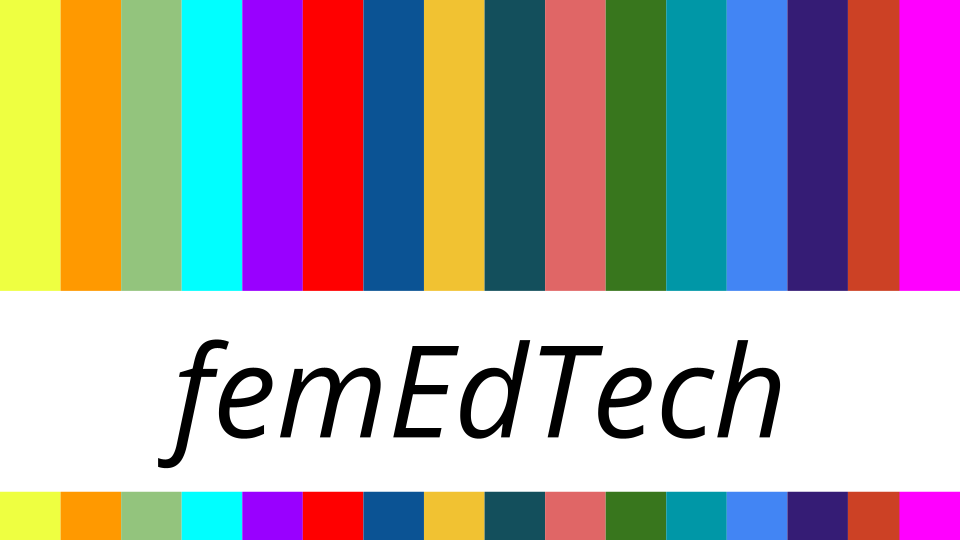When we look at policies in education, we can notice that these tend to focus on four main areas: the problem, the object, the solution and the regulations. When we think about Open Education Policies, we can observe that also these tend to follow that pattern, the problem (access to T&L resources); the object (the R on OE); the solution (more Rs) and the regulations (copyright & IP).
But why are Open Education Policies so much focused on the object (R) rather than the practice (P)? If we look at the latest supranational recommendations (https://unesdoc.unesco.org/ark:/48223/pf0000370936) the main object are OER not Open Education in a broader sense, therefore excluding the practices. Of course, it can be argued that the practices are not tangible – but then, how is it that Open Science policies and recommendations tend to focus on the practices (sharing, collaboration and reproduction) instead of the resources (data, notebooks and papers)?
If we look at the look at the latest Open Science Consultation by UNESCO (please answer it, as it mentions Open Education and needs input from our community https://www.surveymonkey.com/survey-taken/) it mentions both practices and resources, however the discussion is not focused in rules such as on how many Rs an object needs to have to be considered an OER, which is where sometimes the discussions in Open Education tend to happen.
I think we need to leave behind the focus on the Rs in OER and start thinking on OE, having the R as a component, but giving priority to the Ps, as these are much more relevant than the objects we use, reuse and produce, because the Ps are human-led, so you put the spotlight in the educators and students, in the collaboration, the sharing and the co-construction of knowledge and it’s democratic access by others.
One good example in policymaking focusing on the practice and in its human component is the OpenMed recommendations (https://openmedproject.eu/recommendations/) which promote building capacities, rewarding educators and funding open education, because as Lorna mentions in her post (http://femedtech.net/published/openness-precarity-and-equity/) we can not rely or expect that precarious workers develop knowledge and share it for free, therefore OE policies need to have a strong ethical component to ensure people get rewarded and acknowledged for openly contributing to the development of knowledge, ensuring that the working conditions allow people to enable Open Education and Open Science and to progress in their career.
If you want to review some OE policies you can do so in the Registry https://oerworldmap.org/oerpolicies, and have a look to the OE policy lab activities and publications https://education.okfn.org/projects/open-education-policy-lab/



Provide Feedback